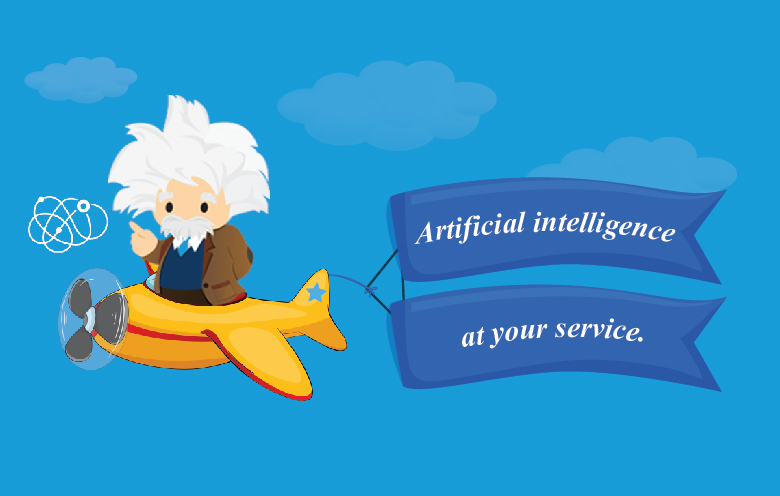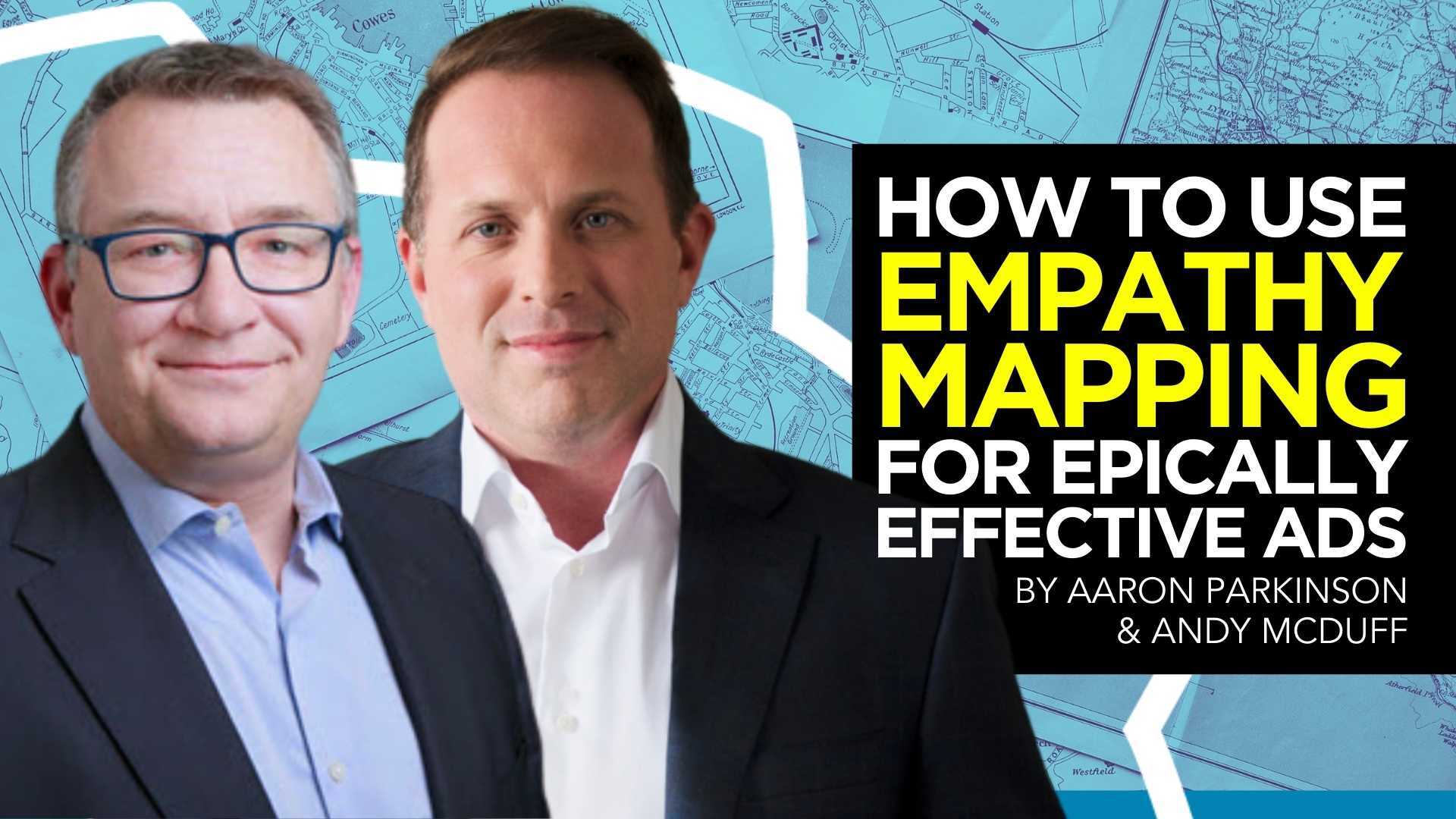TECHNOLOGY
Einstein, Empathy and AI

Albert Einstein once said: “The ideals that have lighted my way, and time after time have given me new courage to face life cheerfully, have been Kindness, Beauty and Truth.”
Kindness, beauty and truth. You don’t often hear these words in the digital world. How do we integrate these life essentials in technologies like artificial intelligence (AI), machine learning, edge computing, internet of things (IoT) and data at scale? Technology, after all, makes things less personal, right?
One company is working hard to disprove this assumption. Not only that, they have a direct tie to Einstein himself.
A hundred years after Einstein shared his views about human existence, NVIDIA is on a path to connecting kindness, beauty and truth with AI as it explores the human qualities of inference, context and nuance in supportive technologies. As for the famous scientist with the wild white hair, NVIDIA has proven he was right about his prediction of gravitational waves, which can now be seen by astronomers for the first time at the Laser Interferometer Gravitational-wave Observatory (LIGO).
This makes sense. After all, NVIDIA has powered 352 out of 500 of the world’s supercomputers.
NVIDIA has long been known for gaming technologies – it invented the graphics processing unit (GPU) in 1999, triggering the steep growth of the gaming market (much to the chagrin of many parents everywhere) with superior computer graphics and intuitive AI.
Chances are you’ve touched NVIDIA’s tech some time along your day today. Since its launch in 1993, it has been the “AI engine” for thousands of companies, including Google, Microsoft, Amazon, Meta, Alibaba, Tencent, Pinterest, PayPal, Snap and Spotify. The full-stack computer company fuels data center-scale computing solutions with the help of some 20,000 employees in more than 50 countries.
GPU-powered AI solutions impact critical insights needed for businesses to make better decisions, improve customer service and reduce fraud. The technology is particularly impactful in financial services where around 80% of firms are using artificial intelligence to improve services. NVIDIA’s State of AI in Financial Services 2022 Trends Report reveals that 8 of 10 financial firms are using AI to reduce the estimated $5 trillion in global fraud each year and that conversational AI is being used to mimic customer service representatives in self-service chatbots and call center virtual agents by many banks. AI-led recommendation systems are delivering hyper-personalized experiences to bank customers by giving personalized recommendations.
Conversational AI, however, is where GPU technology can make a significant difference. To date, it has often been seen as deeply flawed by many people, myself included.
Tell me if this sounds familiar. You call a company hoping to resolve an issue. Its AI-driven customer service agent answers in a monotone voice. Soon thereafter, the exchange goes off the rails. You’re asking if they have a product in stock and the agent is asking if you want to make a return. Finally, you request a live agent. I’ve gotten lost in the digital loop of big companies when connecting with a real human being is akin to hitting the jackpot.
What’s missing? From moment one, it’s empathy.
Just to be on the same page, Merriam Webster defines empathy as “the action of understanding, being aware of, being sensitive to, and vicariously experiencing the feelings, thoughts, and experience of another.”
Feeling understood by another is the point of NVIDIA’s article “May AI Help You? Square Takes Edge Off Conversational AI With GPUs”, which explores AI’s unique potential for going beyond the facts, entering the realm of “sympathetic listening.”
As more companies adopt conversational AI, empathy plays a larger role in the customer experience – and, ultimately, growth factors like profitability, customer retention and brand equity. According to Zendesk, 81% of consumers say a positive customer service increases the chances of them making another purchase. AI is more than taking care of business. Customers want to feel good about the exchange and not like a “number.” They want a kinder, more memorable touch point that resolves their real problem and makes them feel “seen.”
Can digital assistants and digital agents get us there?
With the help of NVIDIA, the popular payment platform Square is making progress. You could say NVIDIA invented one of AI’s greatest solutions – the GPU. The company’s article points out that Square’s tech team “started training AI models at Eloquent on single NVIDIA GPUs running CUDA (a programming interface) in desktop PCs.” Eloquent is an NLP startup acquired by Square in 2019. In addition to the GPU enabled desktop stations, large model training jobs were run on NVIDIA GPUs in the AWS cloud service. The results were impressive on both training and inference fronts. In particular, Square found “inference jobs on average-size models run twice as fast on GPUs than CPUs. Inference on large models such as RoBERTa run 10x faster on the AWS GPU service than on CPUs.”
Progress? Listen to this: Merritt writes that “Square Assistant can understand and provide help for 75 percent of customer’s questions, and it’s reducing appointment no-shows by 10 percent.”
Trust takes so much time to build. One poor experience breaks it immediately. In an ideal world, our conversations with others are fluid as long as the level of service meets our satisfaction. When an experience falls short, the ramifications interrupt our perception of a brand or worse.
Like New Year’s Eve 2021 when I made a large payment to my house remodeler via check. I sent the check a week ahead to ensure it can be processed before the end of the year. My bank texted me to confirm my identity. I verified that the payment was legit. More than an hour later and seven – SEVEN – transfers from one digital assistant to another and then to a live agent later, the issue was finally resolved. By that time, however, it was already the new year. As a small business owner, that one day delay had implications on taxes and a supplier’s revenue.
Many consider Einstein as a great scientist, but I think of him as a great thinker. He understood the power of the human touch. In one essay, he wrote: “When we survey our lives and endeavors we soon observe that almost the whole of our actions and desires are bound up with the existence of other human beings.”
When AI understands the nuances of language, we will have taken the next big leap. Intuitive, empathetic AI is upon us. The question is: will it inspire greater kindness, beauty and truth for those who use it?
Explore NVIDIA’s AI solutions and enterprise-level AI platforms driving the future of financial services.
Source link



You must be logged in to post a comment Login